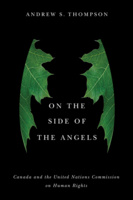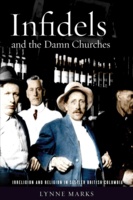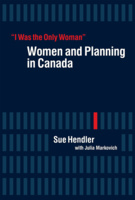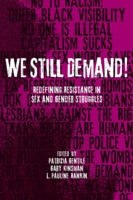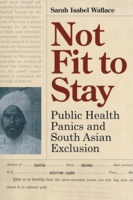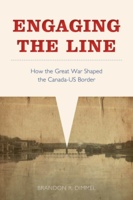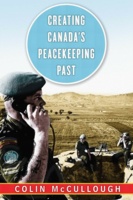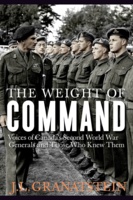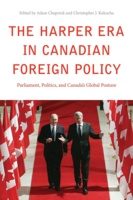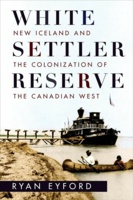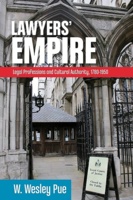On the Side of the Angels
Canada and the United Nations Commission on Human Rights
Documenting six decades of Canadian engagement within the UN human rights system, this book offers insights into the complexity and nuance of Canadian diplomacy as well as the evolution of UN’s universal human rights project.
Infidels and the Damn Churches
Irreligion and Religion in Settler British Columbia
The first major historical study of secularism in Canada, Infidels and the Damn Churches traces the origins of irreligion in BC to the unique character of the region’s settler society.
“I Was the Only Woman”
Women and Planning in Canada
A compelling new perspective on Canada’s planning history that offers a counter-narrative to the “official” story of the profession, one that has generally overlooked the contributions of women and the Community Planning Association of Canada.
Unbuilt Environments
Tracing Postwar Development in Northwest British Columbia
This book looks at the long-term social and environmental effects of imagined, abandoned, and failed resource-development schemes in northwest British Columbia.
We Still Demand!
Redefining Resistance in Sex and Gender Struggles
By challenging the erasure of radical histories, this book makes an invaluable contribution to remembering and rethinking Canadian sex and gender activism from the 1970s to the present.
Not Fit to Stay
Public Health Panics and South Asian Exclusion
Not Fit to Stay reveals how officials used panic about public health concerns as a basis for excluding early twentieth-century South Asian immigrants from entering Canada and the United States.
Science of the Seance
Transnational Networks and Gendered Bodies in the Study of Psychic Phenomena, 1918-40
In this enthralling study of the ethereal, the scientific, and the strange, Beth A. Robertson investigates the gendered world of the seance, a place where self-proclaimed “psychic researchers” laid claim to objectivity and where spiritual mediums and the spirits they channeled resisted their methods.
Trudeaumania
This book examines the origins, dynamics, and enduring significance of Trudeaumania, which swept Canada’s political and cultural landscape in the late 1960s.
Engaging the Line
How the Great War Shaped the Canada–US Border
Engaging the Line explores how the First World War forever changed the Canada–US border by examining reactions to increasingly strict security measures in six adjacent border communities.
Creating Canada’s Peacekeeping Past
Creating Canada’s Peacekeeping Past delves into diverse representations of Canadian peacekeeping, including National Film Board documentaries, political rhetoric, and high school textbooks to show how peacekeeping became a symbol of Canadian national identity in both French and English Canada.
The Weight of Command
Voices of Canada’s Second World War Generals and Those Who Knew Them
The senior Canadian officers of the Second World War learned how to fight a war on the job; for all of them, the weight of command was a burden to be borne.
The Harper Era in Canadian Foreign Policy
Parliament, Politics, and Canada’s Global Posture
The first comprehensive analysis of Canadian foreign policy during the Harper era.
White Settler Reserve
New Iceland and the Colonization of the Canadian West
This innovative history of a reserve for Icelandic settlers connects the dots between immigration and Indigenous dispossession in western Canada.
Lawyers’ Empire
Legal Professions and Cultural Authority, 1780-1950
In approaching the history of the legal professions through the lens of cultural history, Wes Pue locates the legal profession within England and its empire, supplementing and disrupting established narratives of professionalism as proffered by lawyers and their critics.
From Left to Right
Maternalism and Women’s Political Activism in Postwar Canada
This fresh look at Canadian women’s political engagement during the Cold War reveals that whether they were on the “left” or “right” end of the political spectrum, women were motivated by similar concerns and the desire to forge a new vision for their nation.

